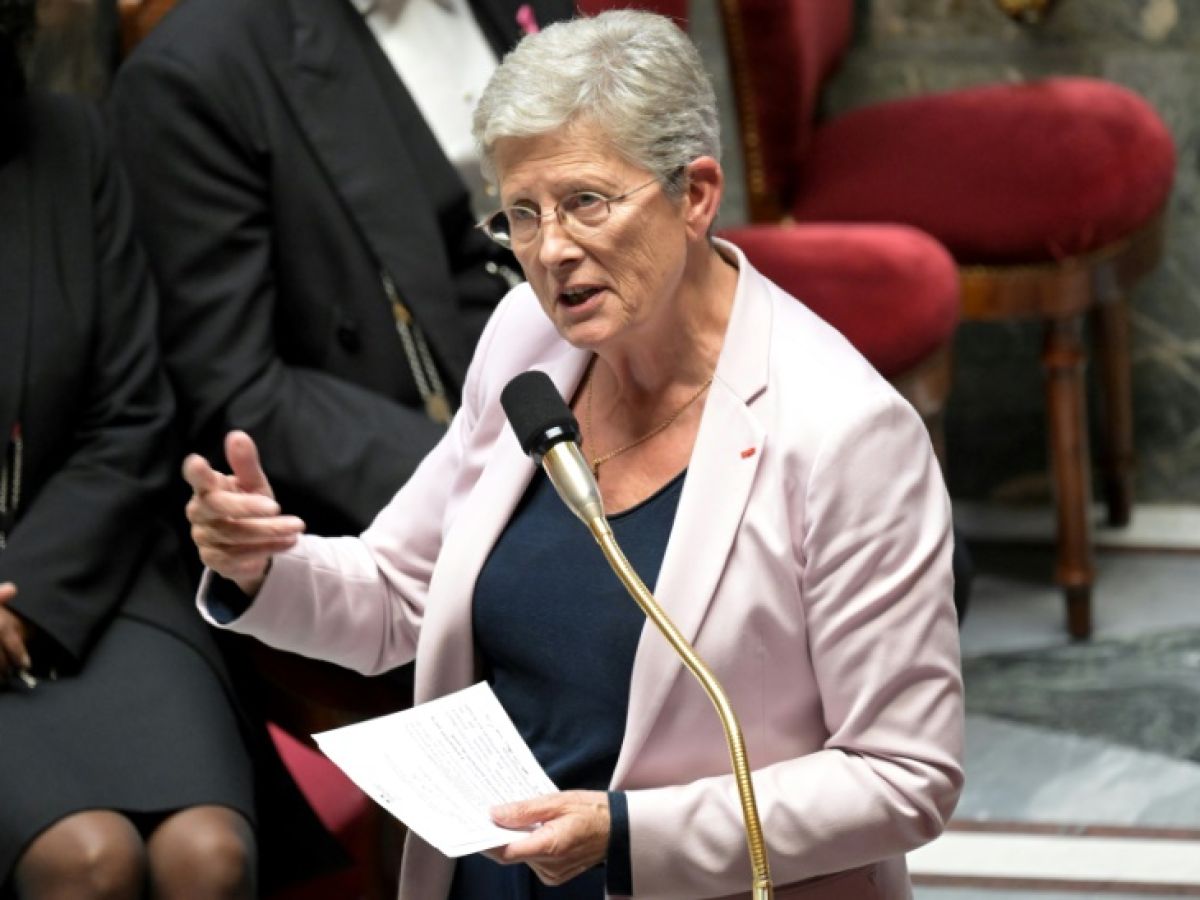He won an iconic competition despite his cancer, then withdrew due to the illness. The example of sailor Charlie Dalin shows that life doesn't necessarily end with an illness, but that medical constraints are sometimes the most pressing.
"Our goal is to adapt treatments to what patients have in mind, and that's a good illustration of that," cancer specialist Clément Bonnet told AFP, while Mr. Dalin explained that he had won the Vendée Globe despite having a rare gastrointestinal tumor (GIST).
The skipper made the revelation on Wednesday, several months after winning the iconic sailing competition. He explained that he was diagnosed in late 2023, at the age of 39, and then set sail after starting immunotherapy.
This testimony comes in a context where other personalities have shared their experiences with cancer, with the idea of normalizing this disease which gives rise to more than 400,000 new diagnoses per year in France.
In June, the former Minister of Health, Aurélien Rousseau, who had become a member of parliament again, revealed his diagnosis before the National Assembly.
But Mr. Dalin's experience presents significant particularities. He is a high-level athlete who, despite his illness, insisted on competing and ultimately won. However, experts interviewed by AFP believe his testimony is measured and sets an interesting example for cancer patients.
– Don’t feel guilty –

First, the skipper made it very clear that he had only participated in the competition with the consent of doctors. The doctors, who work at the Gustave Roussy Institute, one of France's leading research institutions against the disease, decided that his treatment could be continued at sea.
"With another type of cancer, I think it would have been more complicated," such as certain colon cancers, says Mr. Bonnet, who specializes in digestive cancers and is attached to the Curie Institute, the other major French institution in the sector.
As Mr. Dalin noted, it is also recent medical developments that have allowed him to benefit from such leeway. Not only has he not been forced to undergo chemotherapy, but his treatment with tablets, which appeared some twenty years ago, is now very well understood by caregivers.
"In the mid-2000s, it would have been a bit ambitious to go it alone with this type of treatment; now, it seems easier and more feasible, particularly because doctors are less stressed about the potential side effects," explains Mr. Bonnet.
Above all, the athlete's testimony is not limited to boasting about his victory despite his illness. Mr. Dalin was particularly careful not to give the impression that everything is a matter of willpower: the risk would be to blame patients who are unable to continue their activities.
"It's good if my story can inspire, motivate, help people, but it shouldn't have the opposite effect," he told AFP. "That doesn't mean you can do that with any cancer or any treatment."
And, in fact, the athlete also testifies to his inability to participate today in a new Vendée Globe or in such a high-level competition: operated on at the beginning of the year, he is still fighting the illness.
"We can see that the medical constraint is there," lawyer Camille Flavigny, head of the Rights and Support for Individuals division within the League Against Cancer, told AFP.
"Simply put, this testimony allows us to show the range of possibilities: sometimes we have a choice, sometimes we don't," she concludes. "It presents both."

